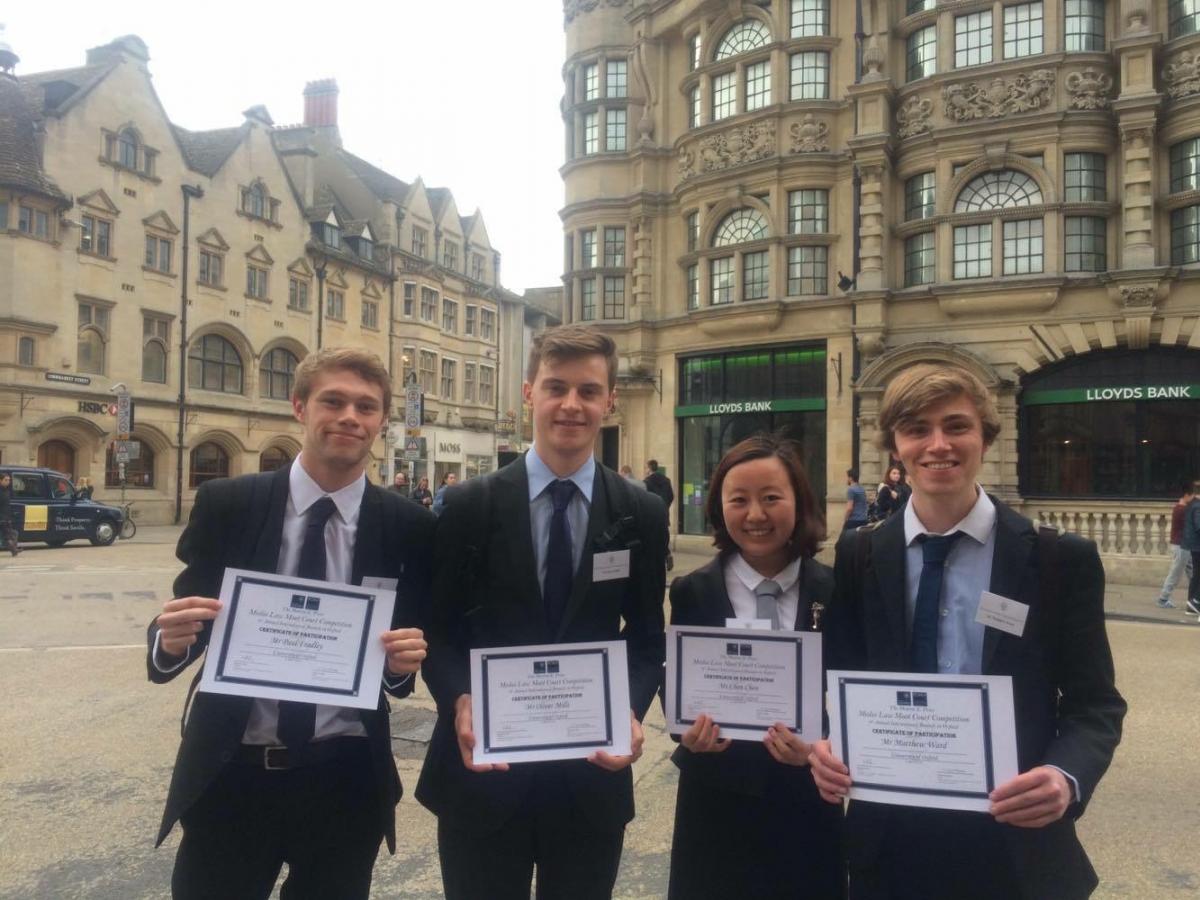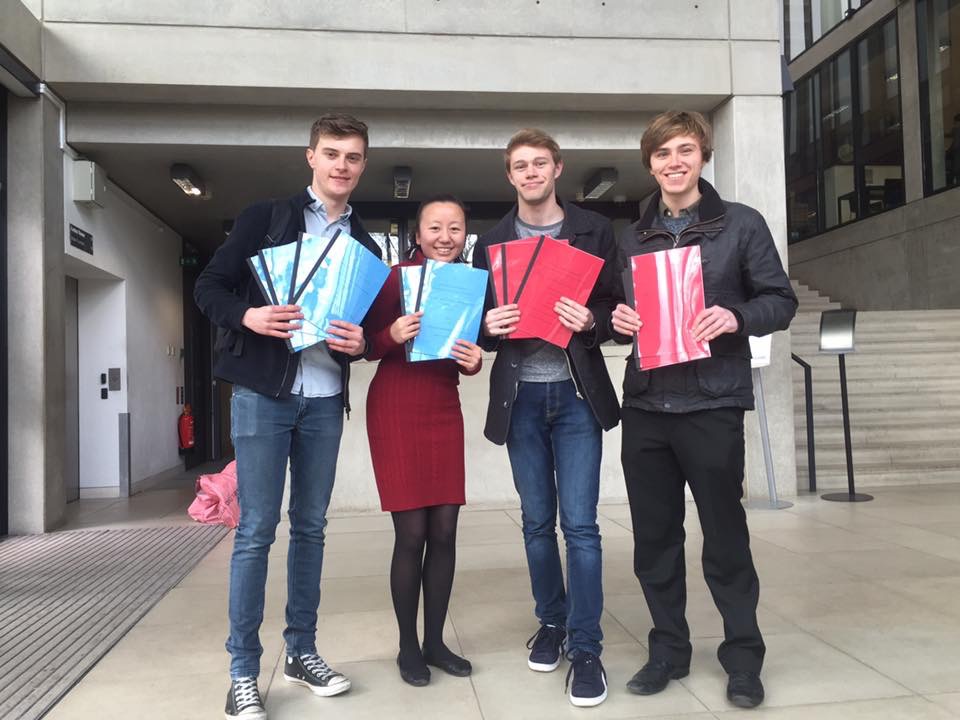The International Monroe E. Price Media Law Moot Court Competition
Associated people

Between 30 March and 2 April 2016 a team from Oxford competed in the International Monroe E. Price Media Law Moot Court Competition in Oxford. This competition brought together teams from every continent, ranging from Herat University in Afghanistan to the University of Sao Paolo in Brazil.
The Price Moot is focused on international media law, with a focus on human rights. This year, the case revolved around the freedom of expression and the right to privacy on the internet, involving a fictional country called Omeria, and a number of posts made on a social media platform called Chatter which were said to amount to hate speech and incitement to terrorism. This was a very topical case given the use of social media by certain public figures to spread offensive political statements, and the use of online platforms for propaganda and recruitment purposes by terrorist groups. The case was particularly interesting for us because not only did it involve the person who actually made the posts in question, but it also concerned the question of whether the social media platform he used could itself be prosecuted for his comments. This is an emerging area of law that is attracting growing attention: to what extent can the websites we use, such as Facebook and Twitter, be held accountable for the things we say online.
The Oxford team, which comprised of Paul Fradley (Brasenose), Matthew Ward (Brasenose), Chen Chen (Magdalen) and Oliver Mills (Wadham), reached the final 8 out of 40 competing teams, unfortunately losing narrowly to the National Law Institute University, Bhopal, India, in the quarter finals. On the way to that stage we successfully competed against Humboldt University of Berlin, National University of Singapore, Eugene DuPuch Law School (Bahamas) and the Benjamin N. Cardozo School of Law, New York. The judging panel included a number of distinguished individuals including English barristers, media executives and Egyptian judges.
The competition was also more than just a moot court. It is organised by the Programme in Comparative Media Law and Policy at the University of Oxford and is designed to raise awareness of international media law and provide an opportunity for those interested in media law to meet and discuss ideas. We had the opportunity to attend a number of seminars, discussions and lectures on media law. The competition began with a seminar provocatively entitled: ‘Is there a global crisis in media law?’ There was also a very interesting discussion with senior executives from Facebook, Google and Microsoft about how they are coping with hate speech and statements that incite violence. The competition gave us the opportunity to meet fellow law students and experts from around the world, including the Bahamas, Lithuania, Germany, and China.



